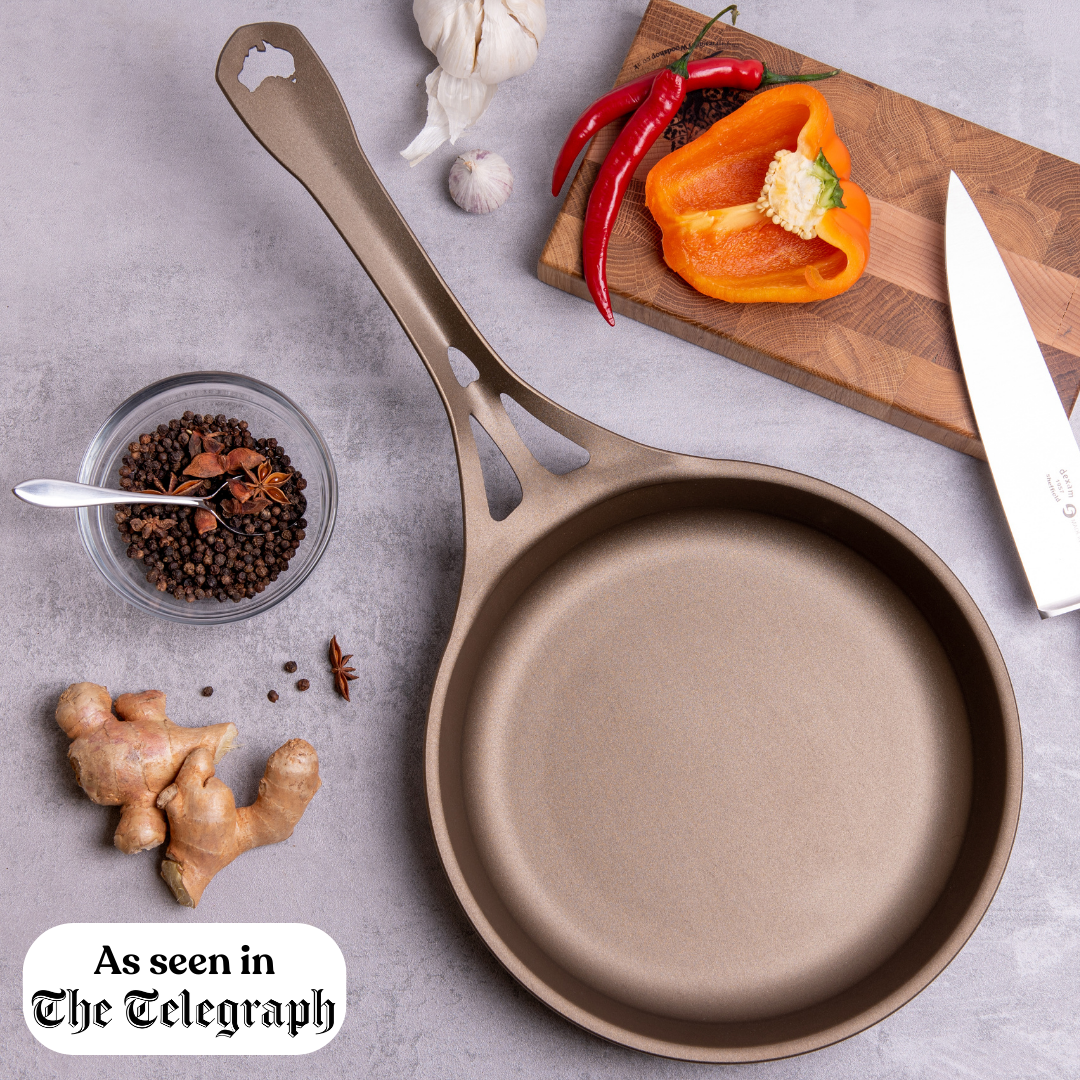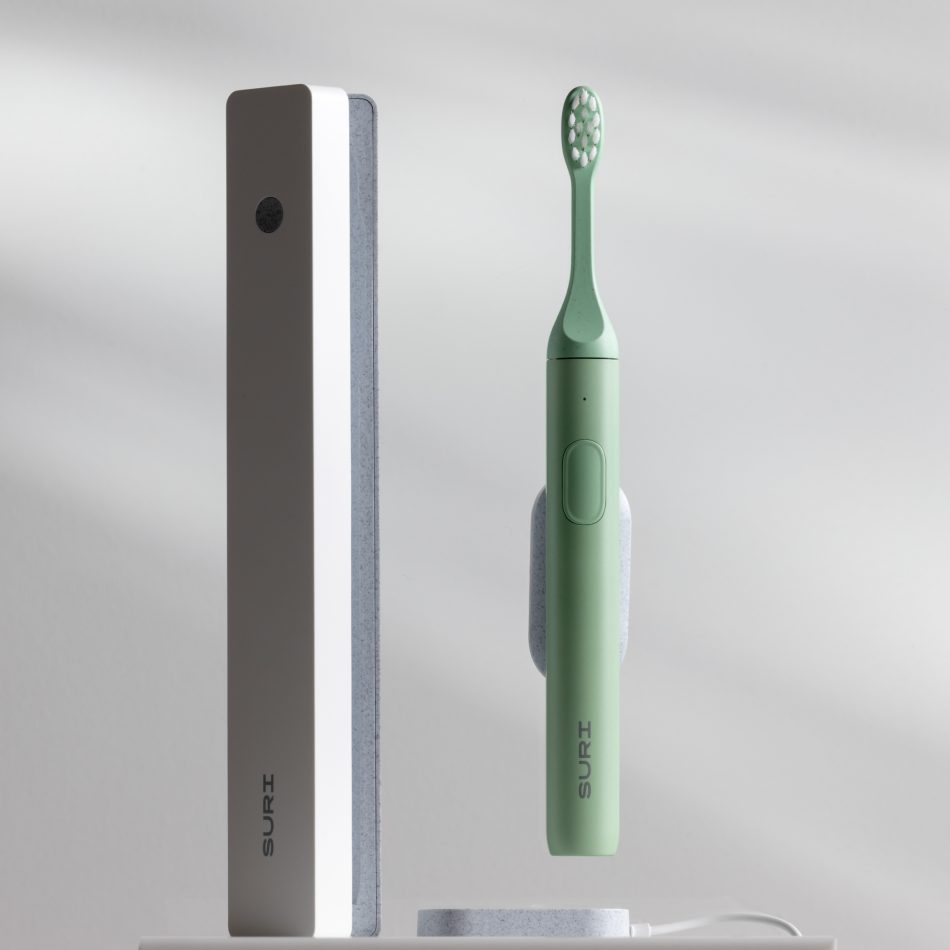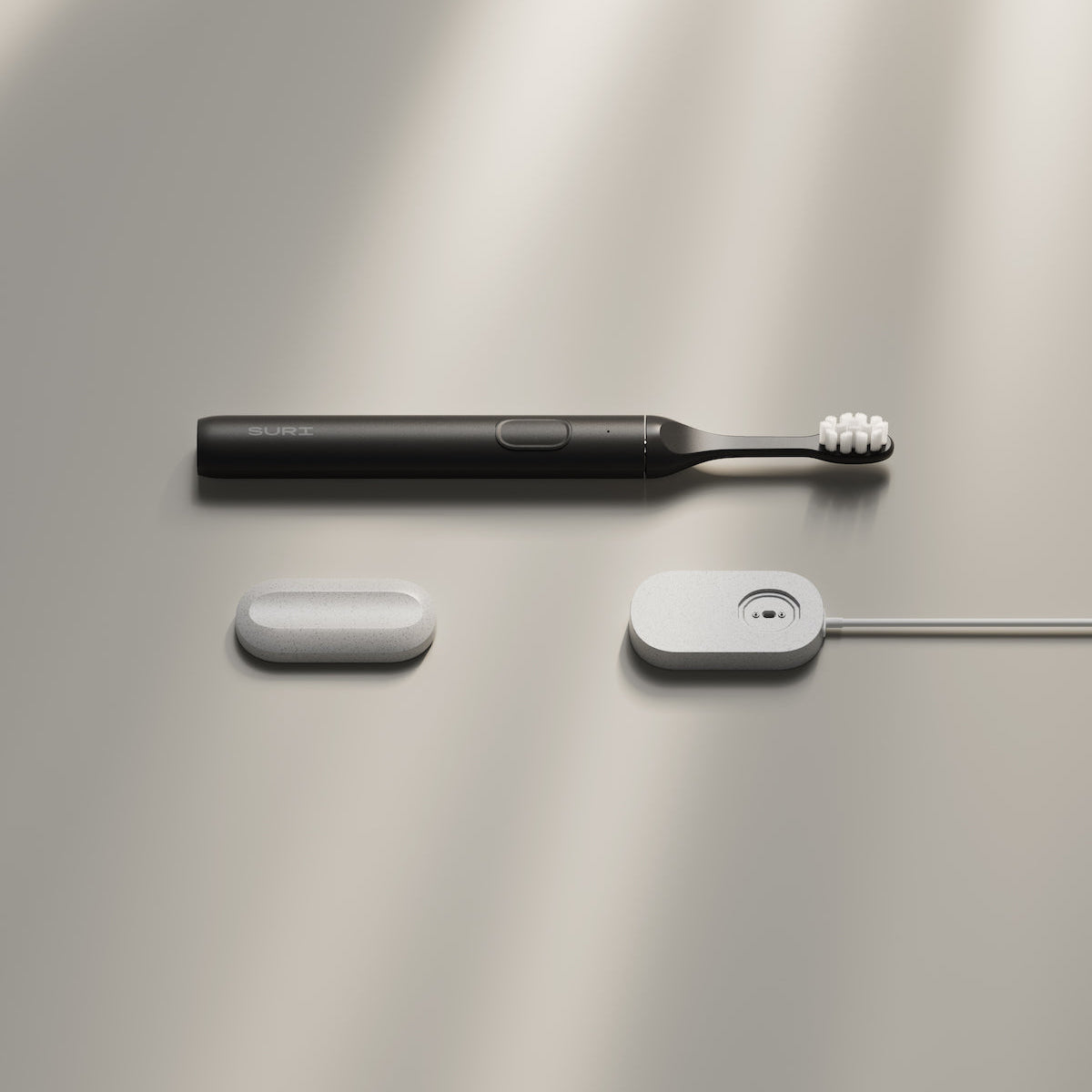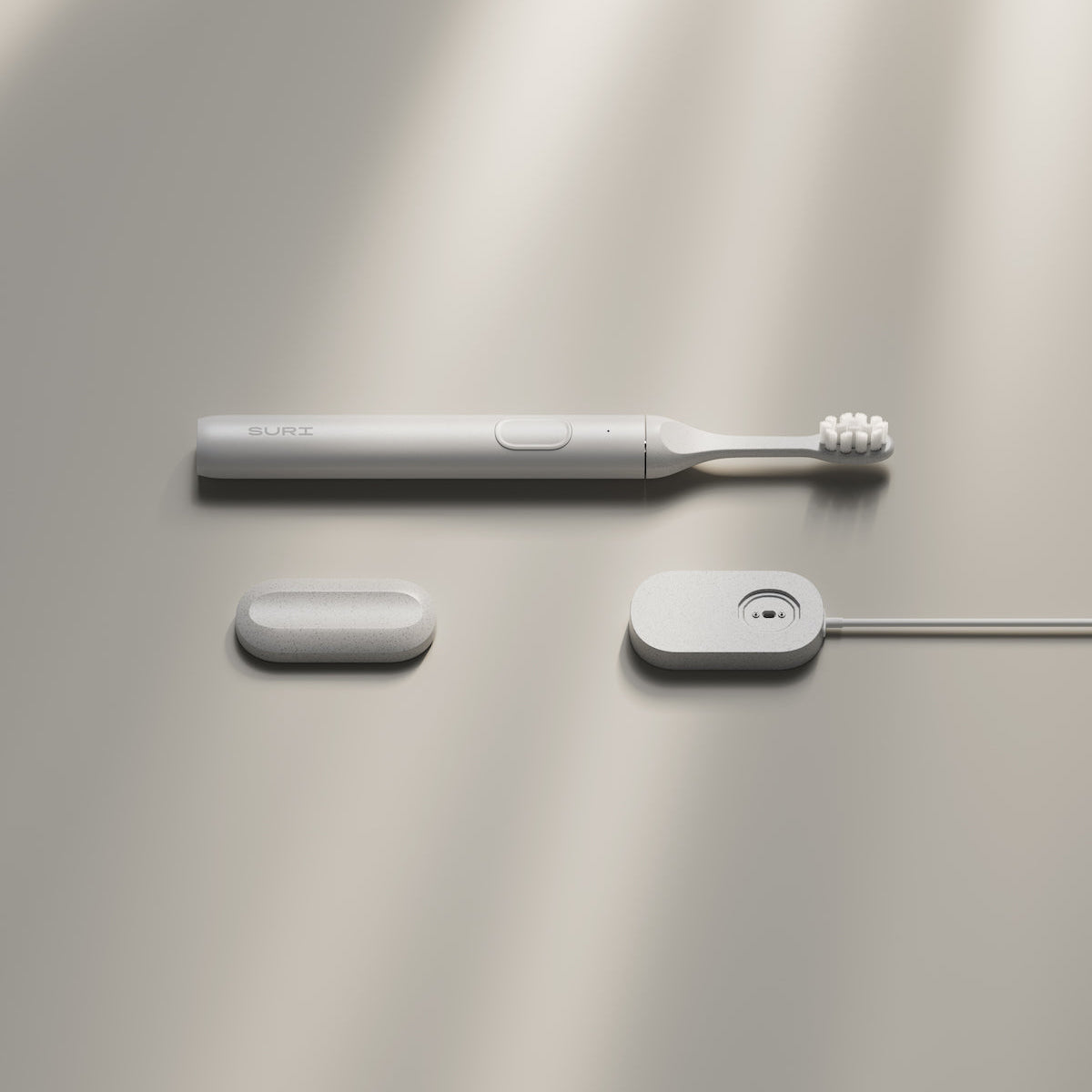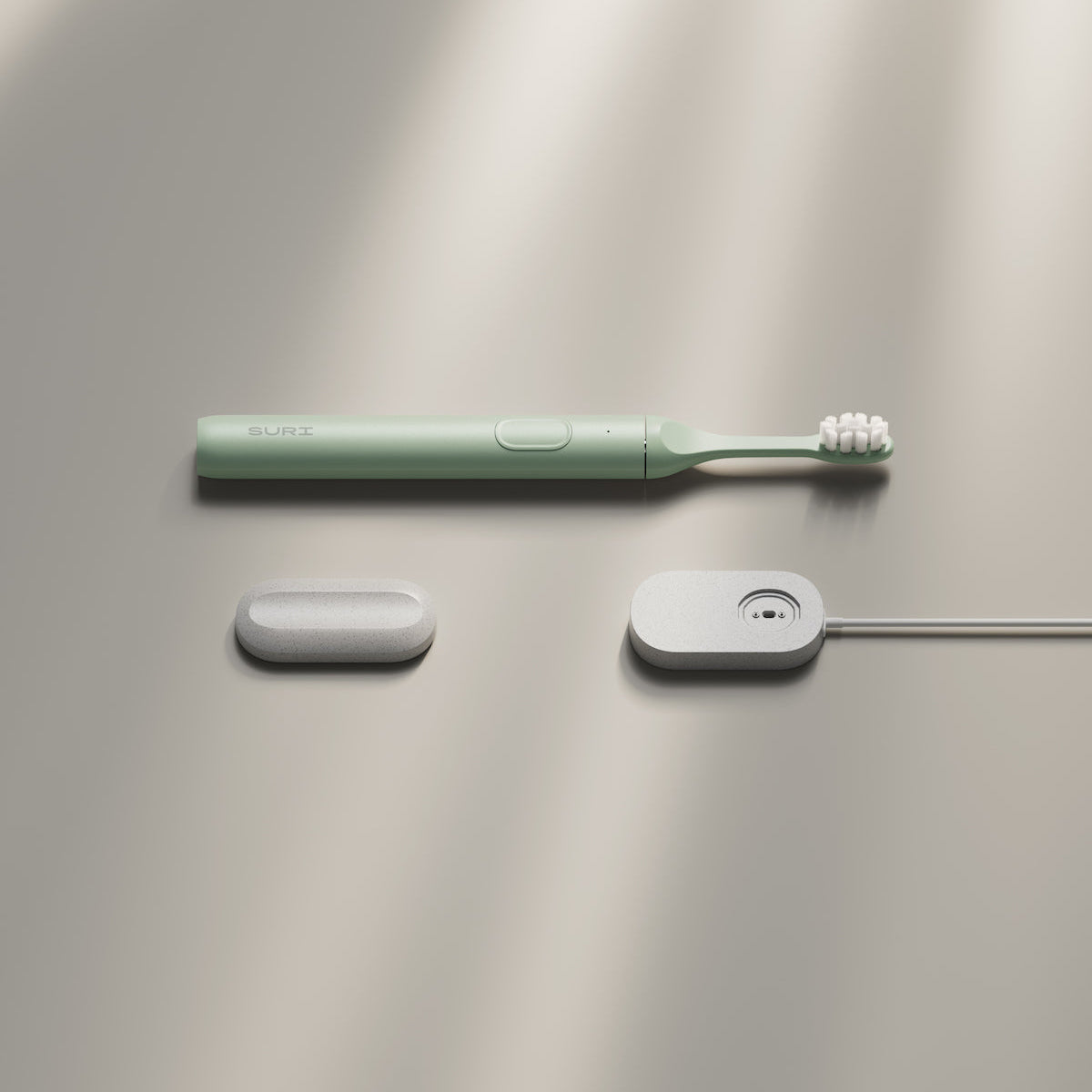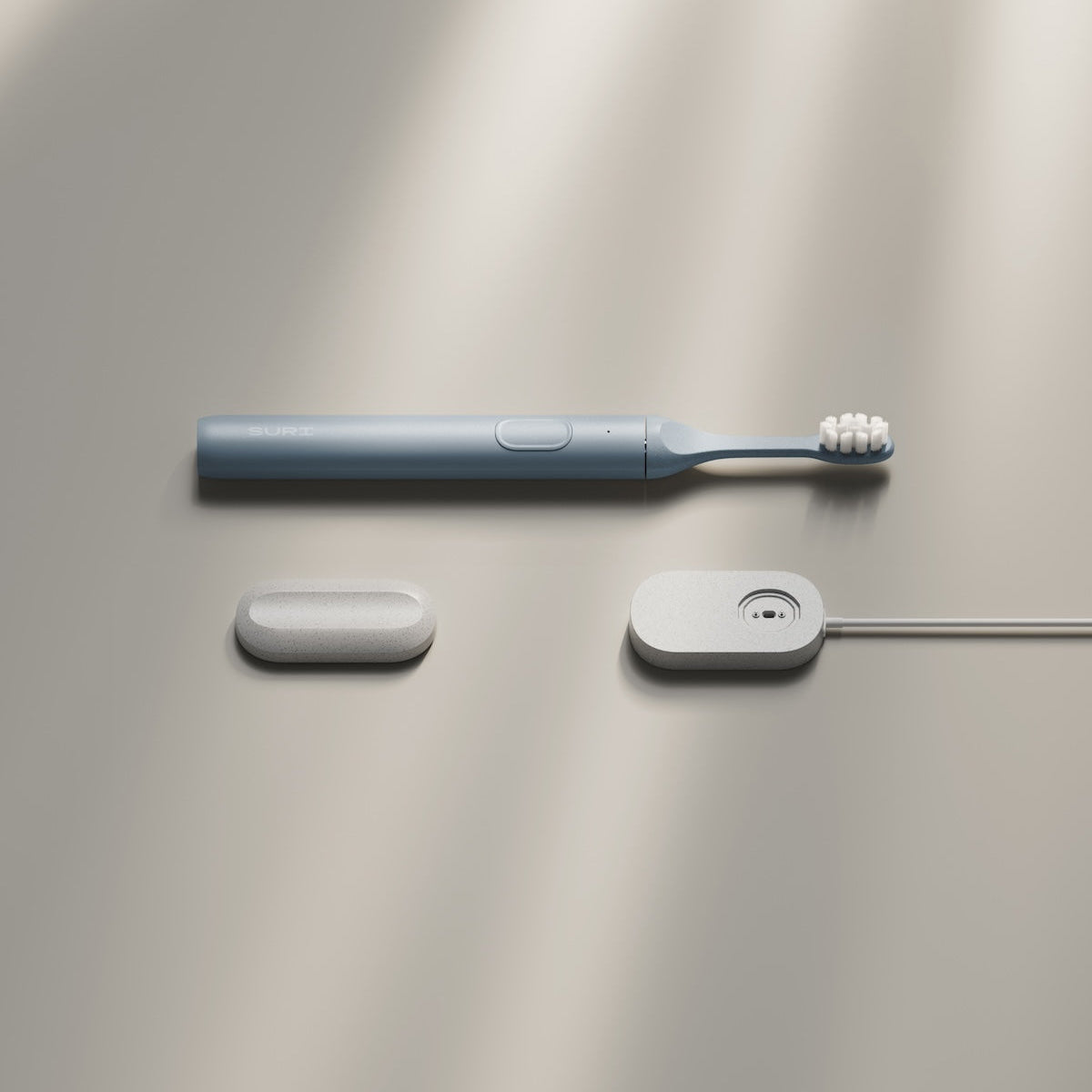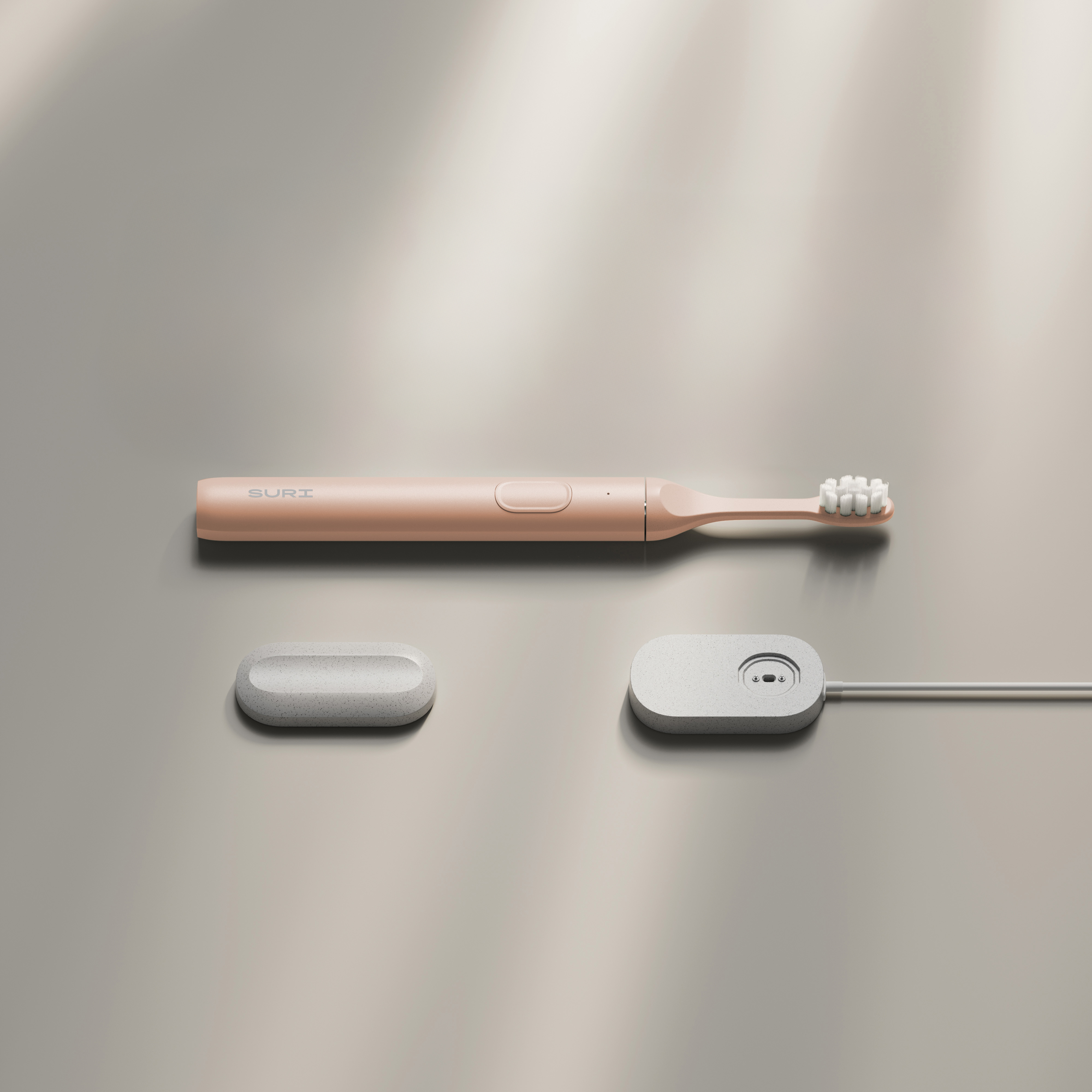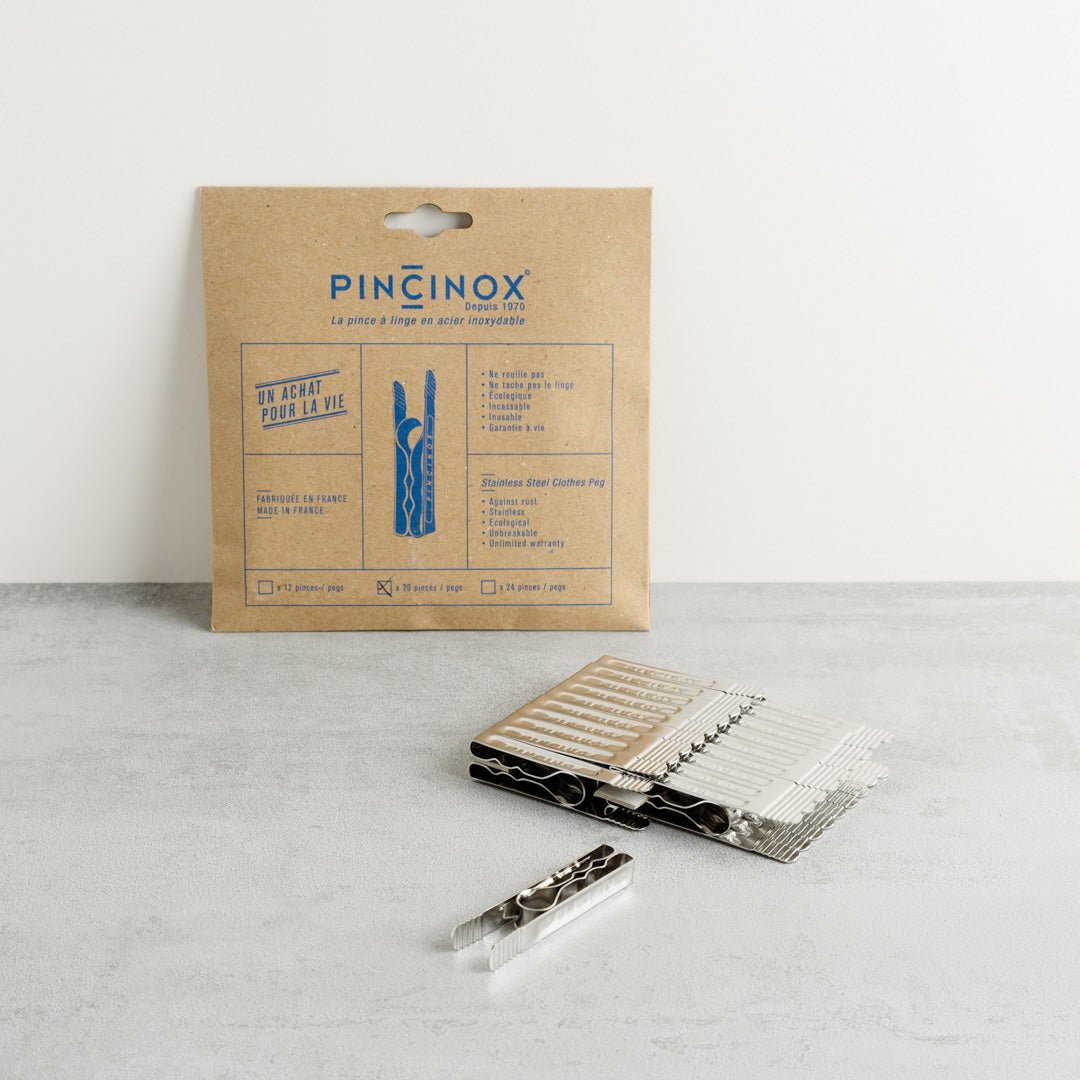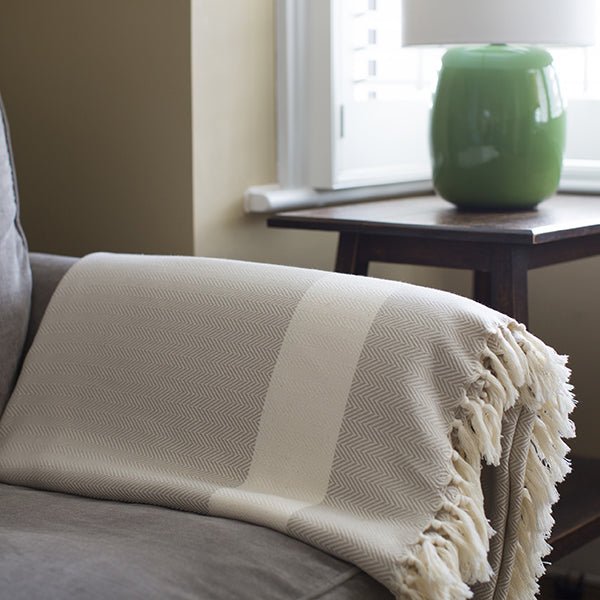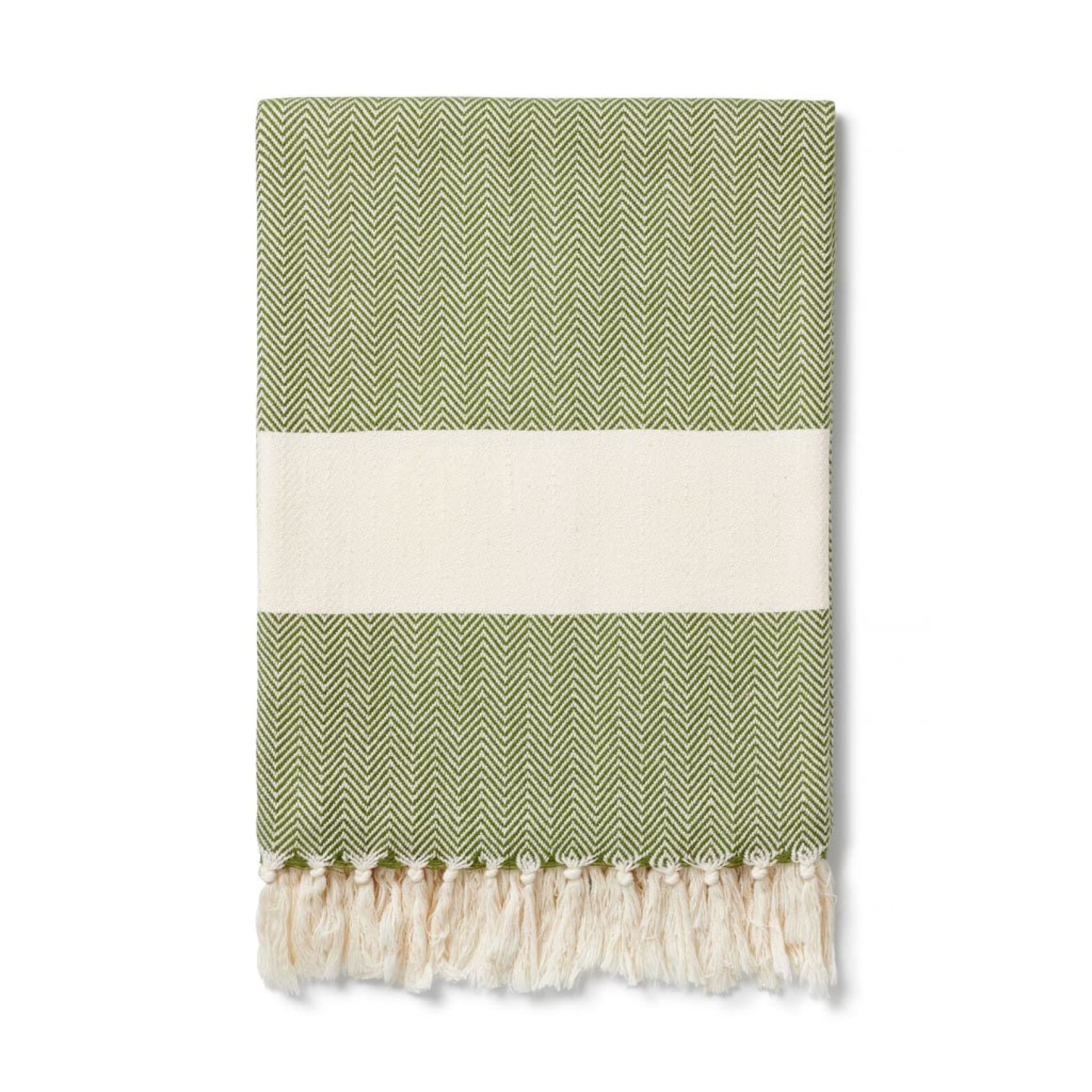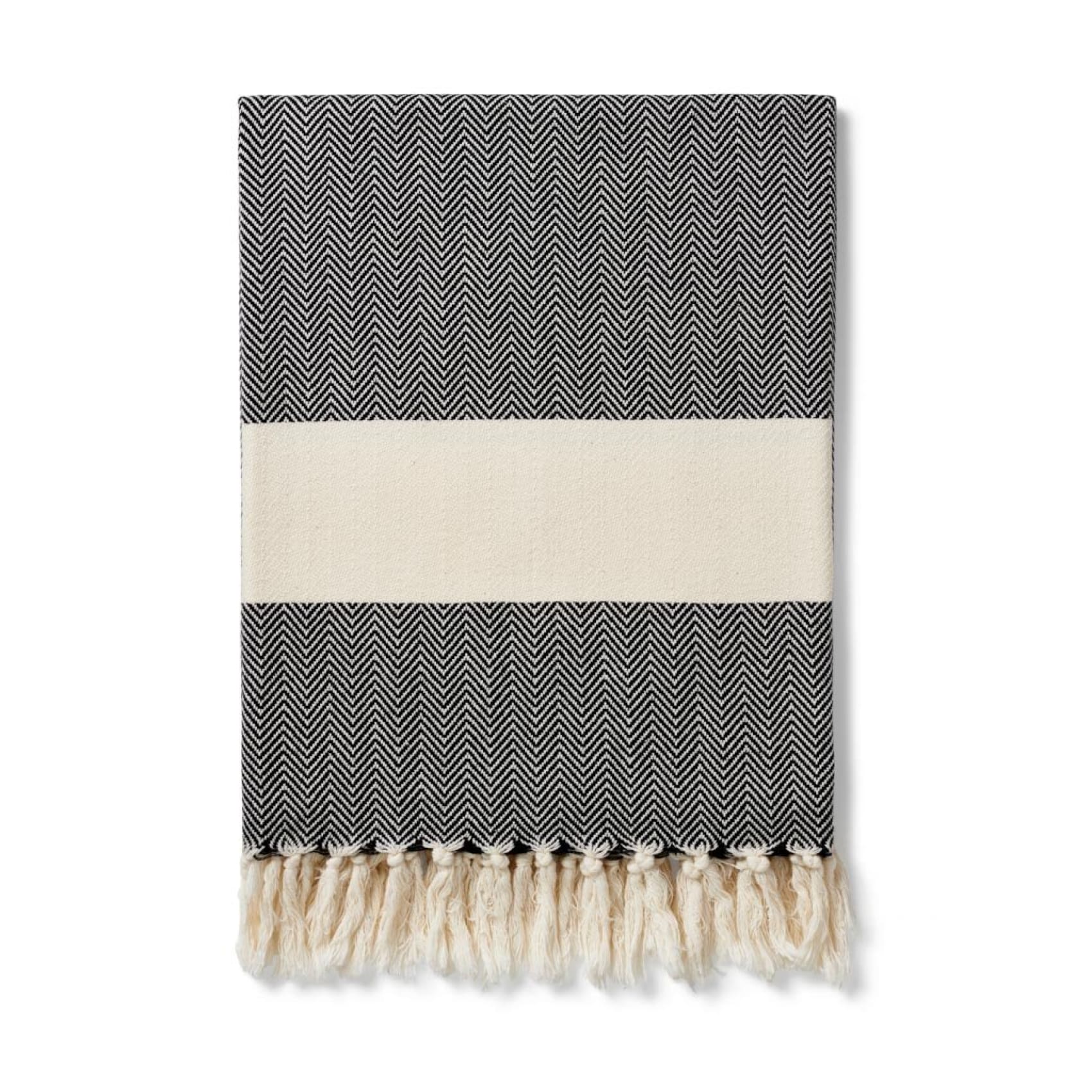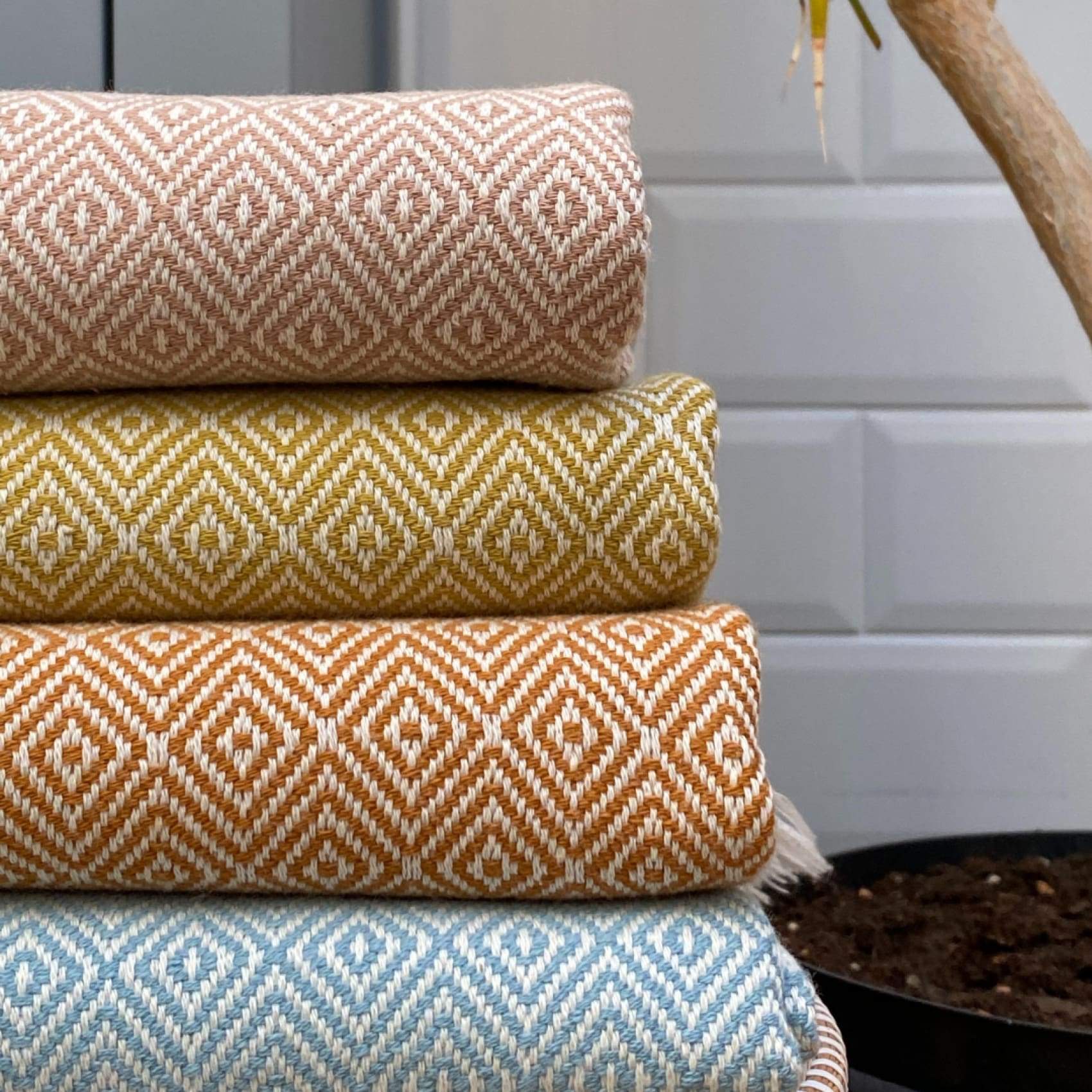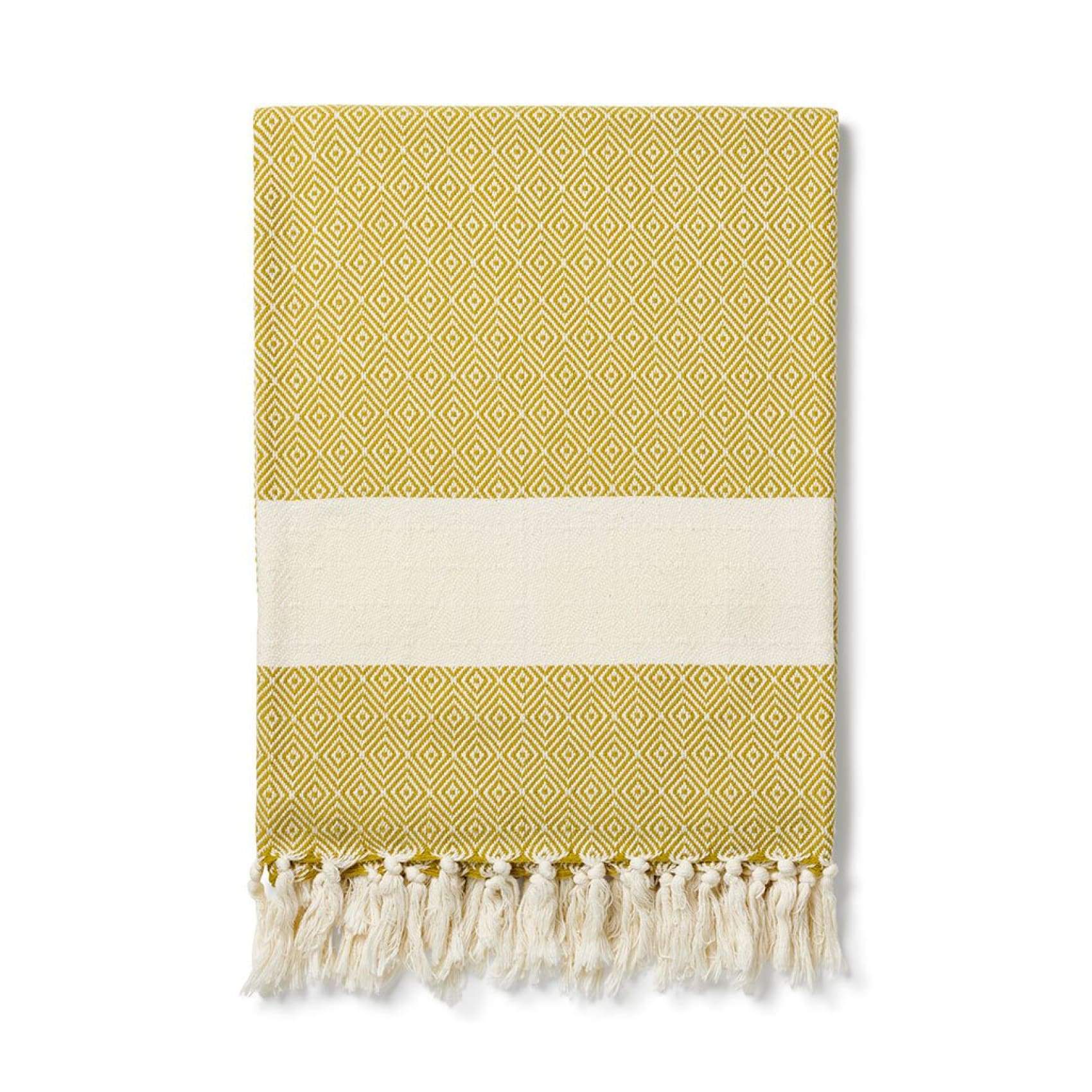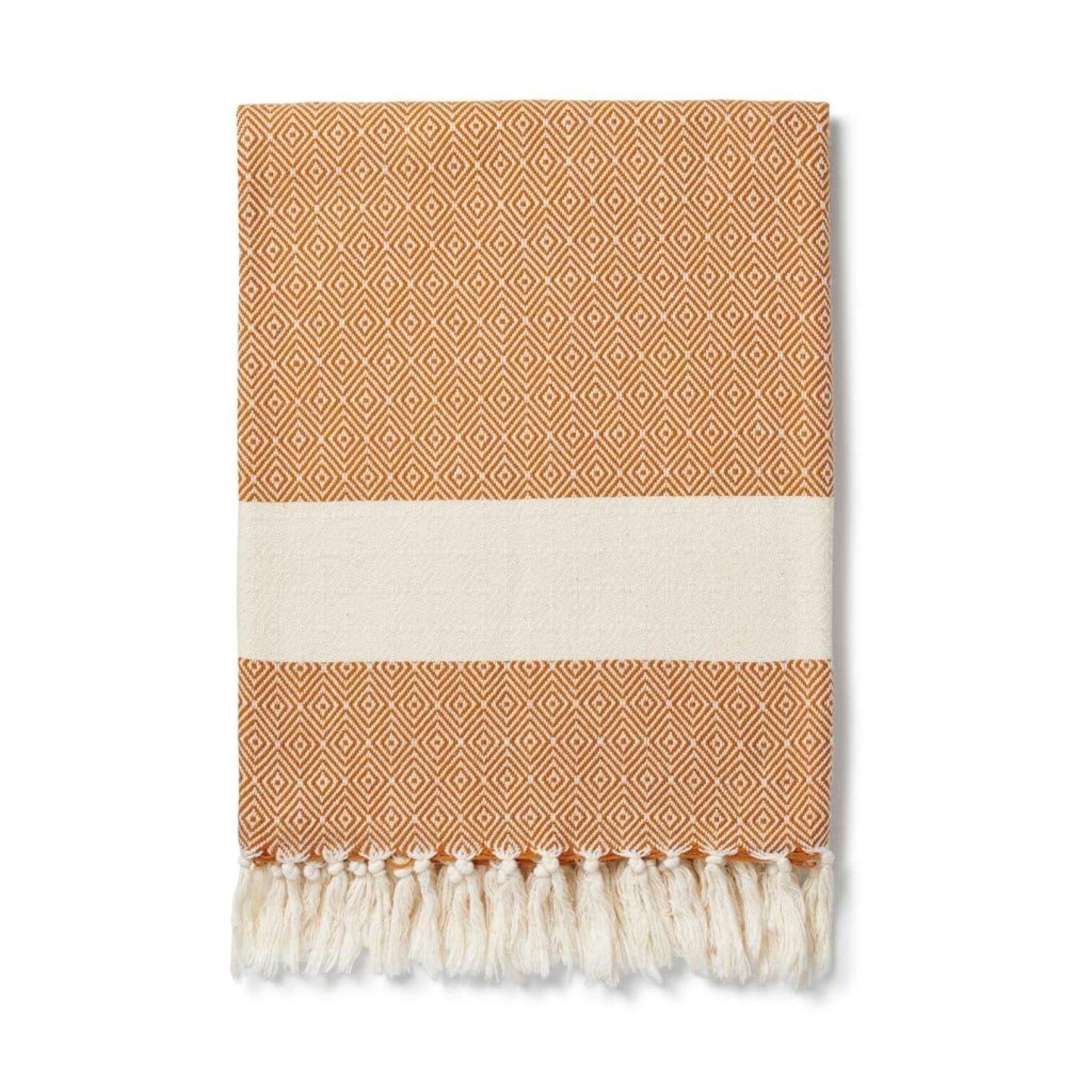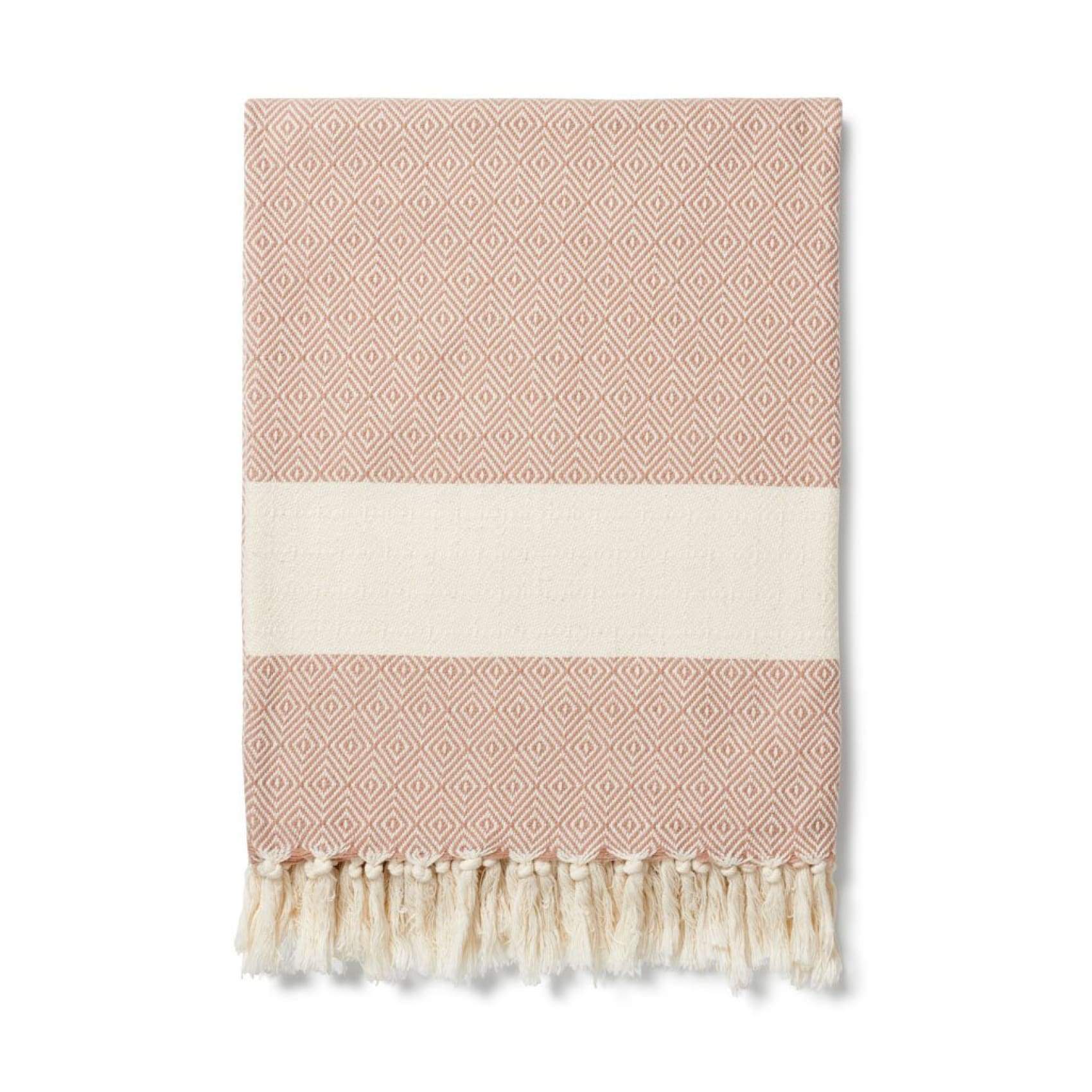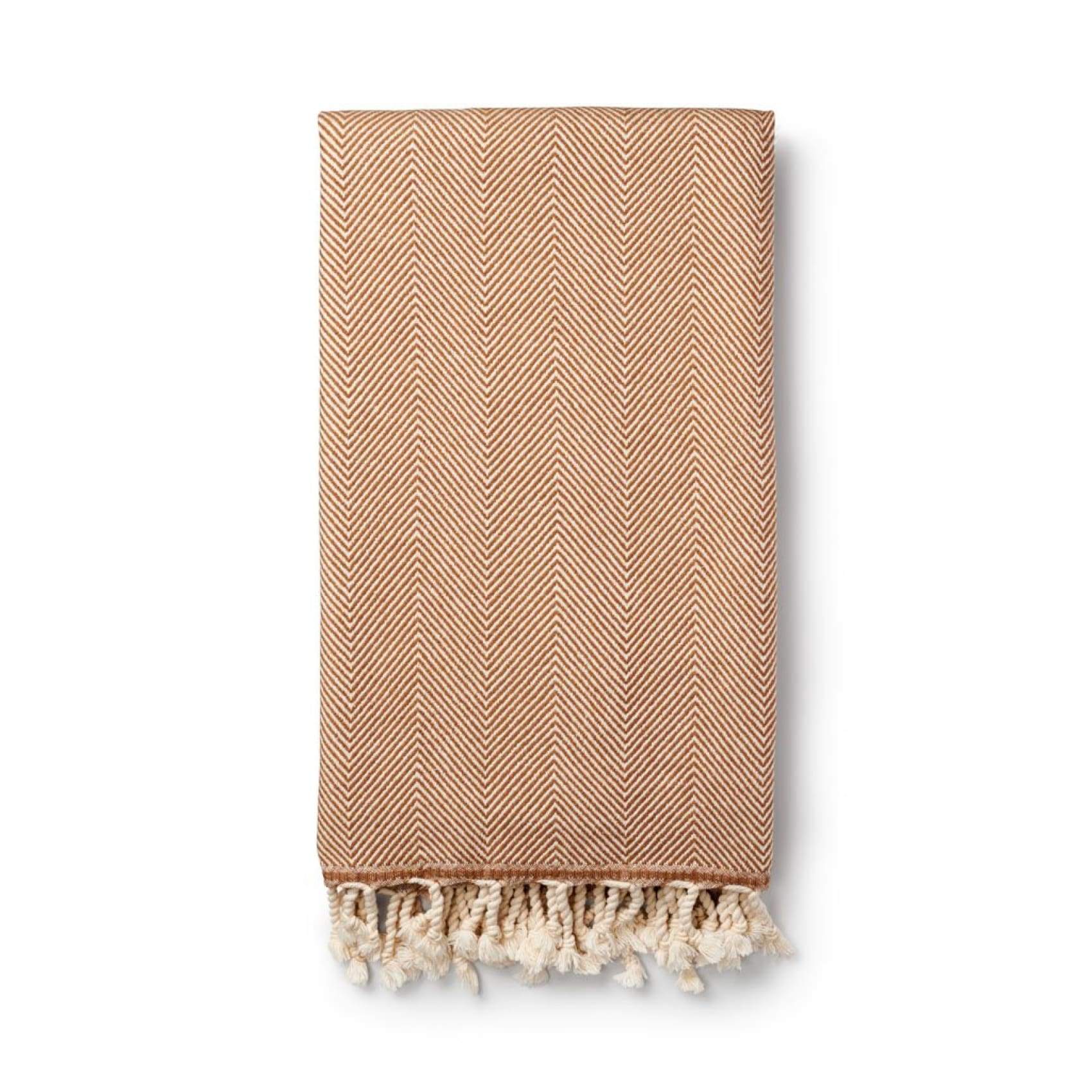Durable Homeware
Reliable homeware that holds up, year after year. This collection includes tough glassware, proper bedding, dependable electronics and smart, sustainable essentials that feel good to use - because they last. No flimsy bits, no needless replacements. Just solid, well-made pieces chosen with care and built for real life at home.
Durable Homeware FAQ
Which are the most reliable homeware items that truly last a lifetime?
The most reliable homeware items built to last a lifetime use sturdy, repairable materials like stainless steel, cast iron, solid wood, and borosilicate glass. Look for lifetime guarantees or kit tested to last decades. Everyday heroes include enamel cookware, wooden boards, and stainless utensils. If it has replaceable parts or a repair service, that’s usually a good sign you've found a keeper. Learn more about how we research and test products for long-lasting quality.
How do I care for glassware to keep it clear and sparkling?
To keep long-lasting glassware crystal clear, wash it by hand with warm water and mild detergent. Dry it with a lint-free cloth to sidestep streaks. Dishwasher-safe pieces are fine in a machine, but rinse first to avoid clouding. For a deeper clean, soak in white vinegar and water - it lifts residue and restores sparkle. Need more tips? Browse our care and repair hub.
Is glassware safe to use in the microwave or oven?
Long-lasting glassware can handle heat - but only if it’s made from borosilicate or tempered glass. Always check the label before using glass in the microwave or oven. Steer clear of anything with metallic detailing, and don’t go from freezer to oven unless clearly stated. Sudden temperature shocks are a recipe for disaster (and broken baking dishes). Our borosilicate glass collection is made to go the distance.
What’s the best way to remove sticky labels from glassware?
The best way to remove sticky labels from glassware is to soak the item in warm soapy water for 10–15 minutes. Peel gently, then scrub away any glue with a paste of baking soda and oil. Still sticky? Try a dab of white vinegar or rubbing alcohol on a cloth. It works a treat. Just steer clear of metal scrapers - no one wants scratched glass at teatime.
Can glassware be recycled or donated if it's no longer needed?
Long-lasting glassware can often be recycled, but check your local council rules - some don't accept drinking glasses. If it’s still in good nick, donating is your best bet. Charity shops and reuse schemes love a full matching set. Never pop heatproof glass (like Pyrex) in your glass recycling bin - it’s treated differently and can ruin the batch.
How do I safely pack glassware for a move?
To safely pack long-lasting glassware, wrap each piece in packing paper or cloth and use box dividers to avoid knocks. Pack heavy on the bottom, light on top, and fill gaps to stop rattles. Mark the box “fragile,” and avoid late-night tetris with your crockery. For more handy tips, see our guide on making your house move a lifetime opportunity.
What’s the difference between crystal and regular glassware?
Long-lasting glassware is usually made from soda-lime or borosilicate glass, while crystal contains lead oxide (or safer alternatives now) for that extra sparkle and chime. Crystal is clearer and more delicate, often favoured for special occasions. Regular glass is tougher, dishwasher-safe and practical for daily use - ideal for anyone who doesn’t fancy washing up stemware after every supper.

